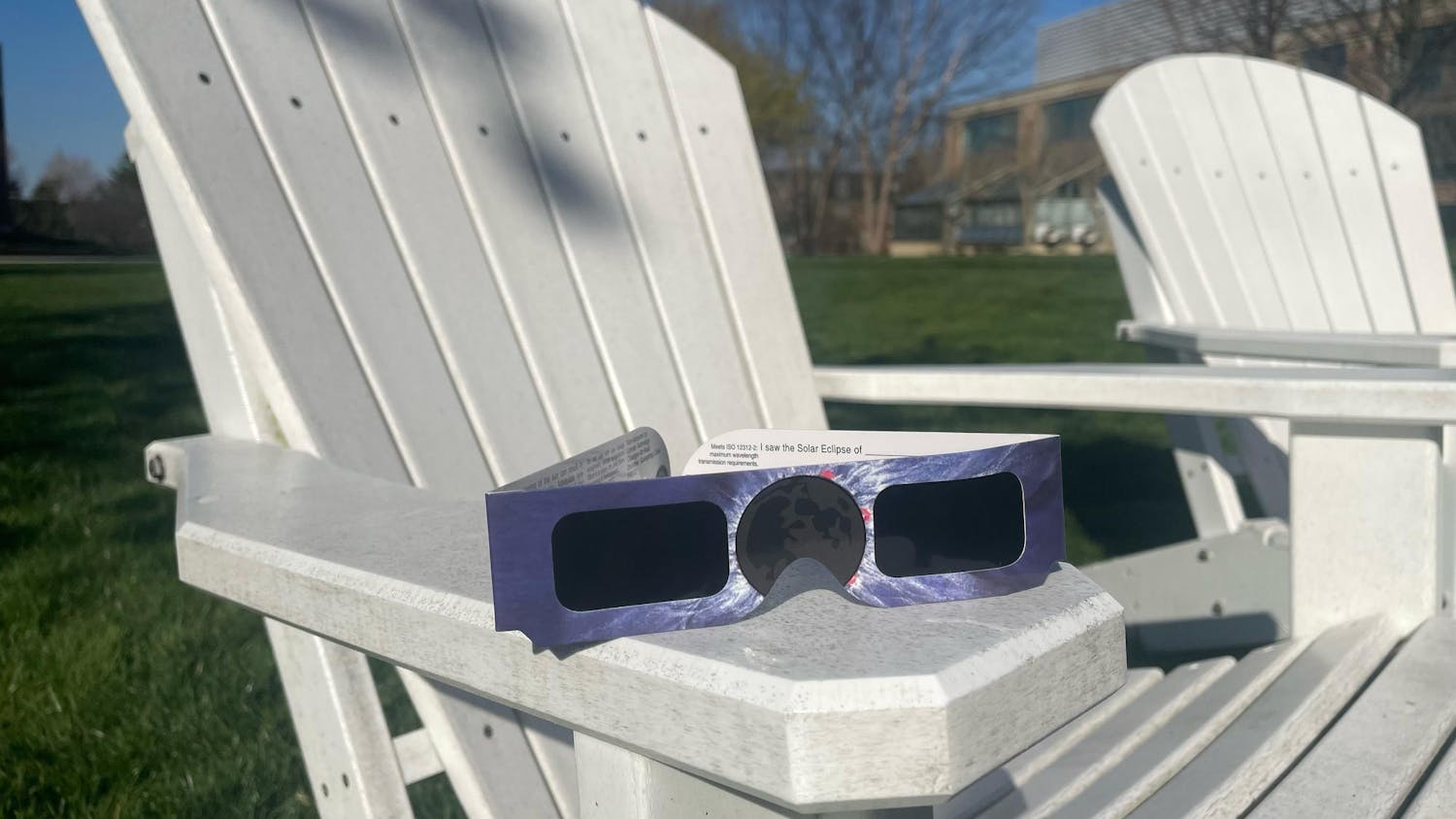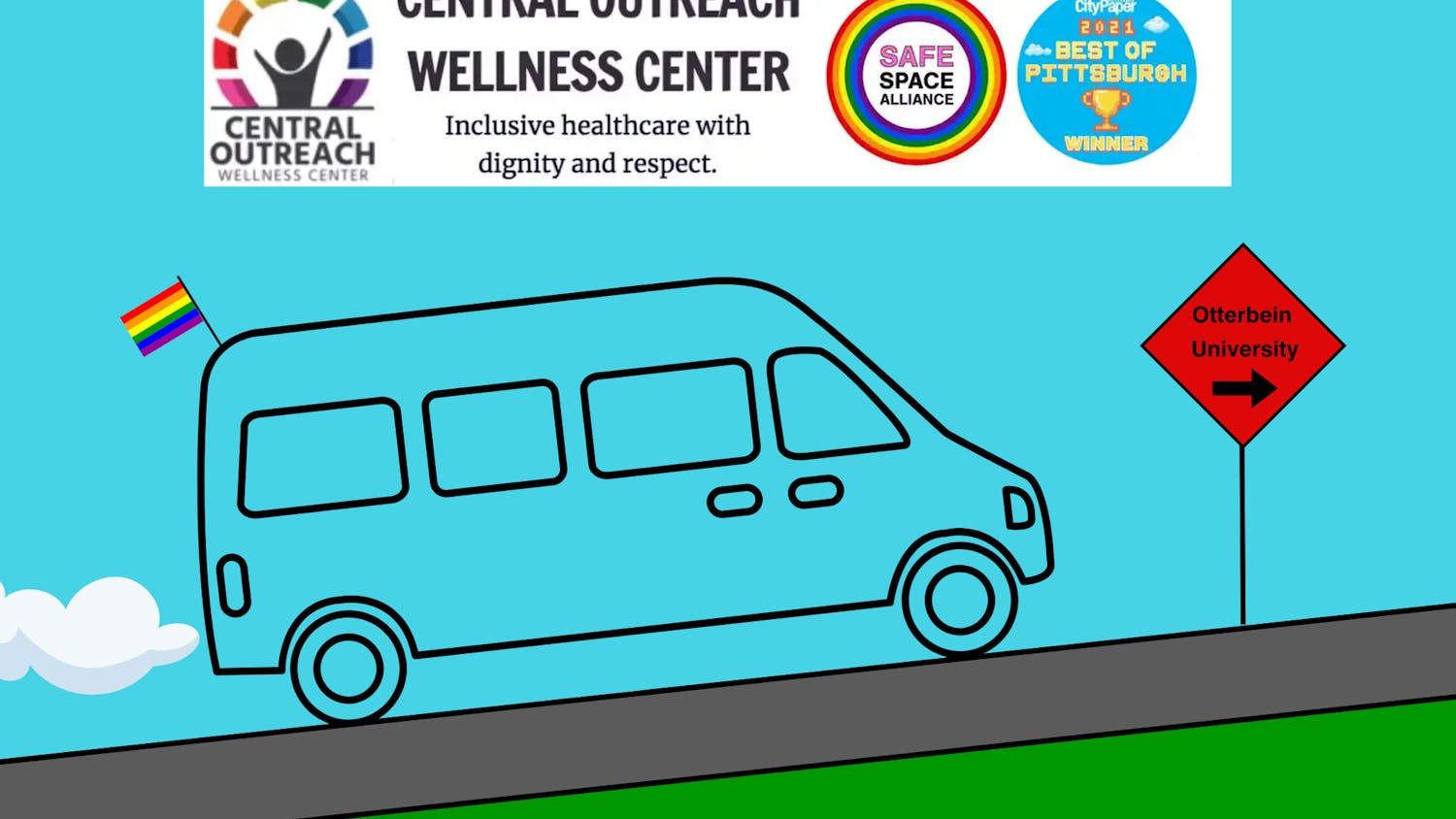As students readied themselves for fall semester, Otterbein was notified that due to a lack of enrollment, the voluntary student health insurance would be dropped.
At Otterbein, only an average of eight students would enroll a semester, according to Kalinda Watson, director of Contracts and Business Services at Otterbein.
“Health insurance carriers elected not to renew the voluntary student insurance health insurance plans of organizations with less than 100 enrollees,” Watson said in an email.
While their insurance carrier is dropping Otterbein, other central Ohio universities are also cutting costs by removing student health insurance.
“I have allergies and they make life difficult. I would like to get medicine regularly, but it costs too much to go to the doctor and get a prescription. I had to be admitted overnight in the hospital and it cost me around $3,000, which is completely unaffordable on a college student’s budget,” said Tasha Thompson, a senior communications and vocal major at Otterbein. Thompson has been without medical insurance since high school and is currently taking a semester off from classes while working three jobs to cover bills.
Whether you call it Obamacare or by its correct name the Affordable Care Act, the new health-care law might have resulted in several area colleges eliminating student health care coverage.
In May of this year, Capital University notified students the school would discontinue mandated student health insurance due to the rising costs of insurance plans.
Capital continues to offer an excess accident insurance policy for athletes and minor medical services at the university’s Center for Health and Wellness.
At Denison University, all students are automatically enrolled in what is called an accident only plan, which is no cost to the student.
This can cover an annual limit of $500,000 in benefits for the student but only covers accidents. If a student elects to, they can enroll in an accident and sickness plan for $970 which offers an individual health plan.
At Ohio State University, every student enrolled, whether full-time or part-time, is asked to select coverage plan from the student health insurance. The university’s plan offers medical, dental and vision benefits and offers a variety of three different coverage choices. If students do not wish to enroll in Ohio State’s insurance plan, they must sign a waiver form prior to the beginning of the school year.
Young adults also have the option of staying on their parent’s insurance plan until the age of 26 due to the new health-care reform offered by the United States government.
Under the plan, most insurance plans that offer dependent coverage must now extend that coverage to young adults, age 26. This would include plans that are sold to individuals online for family coverage or employer-sponsored plans.
Young adults are able to join their parent’s plan even if they are married, are not financially dependent on their parents or live in a different state. Reasoning for staying on a parent’s plan would be for the extra benefits or lower costs for the family.
Foster youth may also stay on their state Medicaid plan until age 26.
Nick Ganus, an Otterbein public relations manager, is a student still on his parent’s insurance.
As the kicker for the Otterbein football team, Ganus can get physicals and doctor visits regularly through the university but still said he feels Otterbein should offer health coverage for all students.
“If universities would provide medical insurance it would make for one less thing for students to worry about,” he said. “The percentage of students getting ‘sick’ and missing a quiz would probably not decrease, but when we really do get sick it would be nice to get treated quickly and not feel like death for weeks.”
As many students elect to stay on their parent’s insurance, some students said they were completely unaware Otterbein offered health insurance at all.
“I never even knew about Otterbein’s health care program,” Thompson said. “It was never offered to me and I went to the health center many times. You’d think someone would have told me about it.”
Watson said the university did notify students of the insurance plans.
“The university made a concerted effort to ensure students were aware that a voluntary health insurance plan was available for those that needed it,” Watson said.
Currently Otterbein has a health center for all full-time students and offers medical care for students with or without insurance at no cost. At the health center, a student may receive vaccinations, medications for depression or disorders and also receive medical help for sexually transmitted diseases and gynecological exams. The health center is open Monday through Friday and closes at 4 p.m.
In 2012, there was 30,000 people aged 19-25 living in the United States without medical insurance. For students who seek medical assistance and are unable to stay on their parent’s insurance plan, the Affordable Care Act might be the best option.
On Oct. 1, individuals without insurance coverage were able to shop for and buy insurance plans using a new online health insurance marketplace offered by the U.S. government. Those who apply, have three different options to choose from to best suit their financial and health needs.
The online marketplace offers students information about their health insurance options and allow them to apply for coverage through an online portal, telephone call center or traditional paper application. An application through the marketplace also allows students to apply for insurance, premium tax credits and Medicaid.
This same application should be available to those individuals who apply for Medicaid or other insurance through the state health agency. Whatever way the individual applies, they will be directed to the no or low-cost health insurance option available to them.
Watson suggested that students who no longer have the voluntary student health coverage should seek coverage under their parent or legal guardian’s health care plan. They may also investigate options and secure quotes through an outside provider.
Thompson said she is planning on applying.
“I think it is more profitable for me to invest in health care, which is why a more affordable option is nice to have available,” she said about the Affordable Care Act. “I will take full advantage of the opportunity to better my health.”





